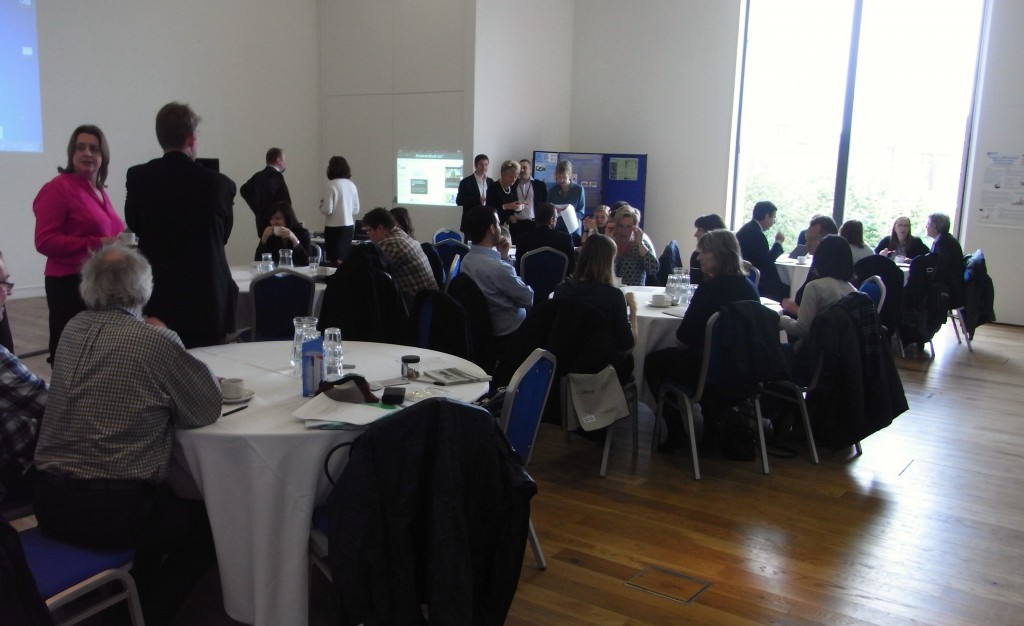
David Baines and colleagues spoke about JesmondLocal.com.
This hyperlocal news website is part of the Social Renewal theme and has boosted students’ employability by offering opportunities for them to practise new forms of journalism.


David Baines and colleagues spoke about JesmondLocal.com.
This hyperlocal news website is part of the Social Renewal theme and has boosted students’ employability by offering opportunities for them to practise new forms of journalism.
Here are some participants’ notes I was given after the 20th April event:
If you took part in the event please add your own notes: either comment on this post or email me (lydia.wysocki@ncl.ac.uk) and I’ll upload them. If you weren’t at the event you’re equally welcome to add your comments.

Hannah Munro spoke about engaging students with recycling through a Student Intern Project. This project was an example of embedding Sustainability into the University’s core function as an educator. It gave students experience of working in a professional environment and an opportunity to develop skills that boost their employability.
Here’s a PDF of her slides.
Hannah included Lisa and (another) Hannah’s positive quotes about what they learned during their internships:
“It was a great achievement to be part of the whole campaign and see the posters come to life and be implemented around campus”
“The campaign provided me with some great experience/skills to put on my C.V.”

Jane Nolan spoke about exploring enterprise, entrepreneurship and enhancing employability through addressing societal challenges, a new undergraduate module developed using the Societal Challenge Themes.
Here’s a PDF of her slides.
In the module, Changing Age, NIReS, Institute for Social Renewal will set the provocations and provide the background for students’ work. The SCTs’ links to human needs and stories generate compelling stories, which this module uses to build communities and networks across the university between students, schools, researchers, research institutes, external stakeholders and wider society.
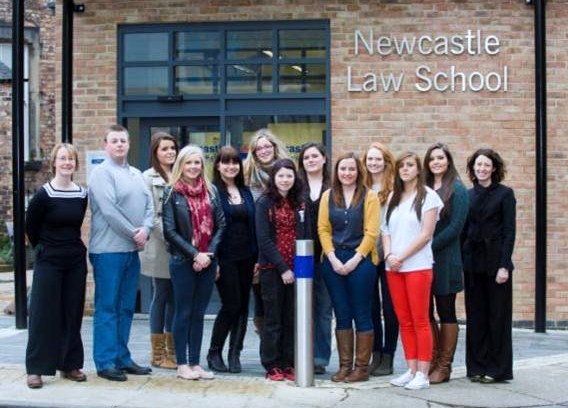
Kathryn Hollingsworth (Law School) and Katie Sheehan (Bachelor of Laws student) spoke about the Street Law project.
Here’s a PDF of their slides.
Kathryn and Katie spoke about how the Street Law project gives students opportunities to develop skills in legal research, communication, teamwork, and using their initiative. They use ePortfolio to help students log and reflect on these skills. Street Law is part of the Law School’s offer to students and also, as a pro bono project with a strong focus on social justice, part of what students and the Law School offer back to the local community.
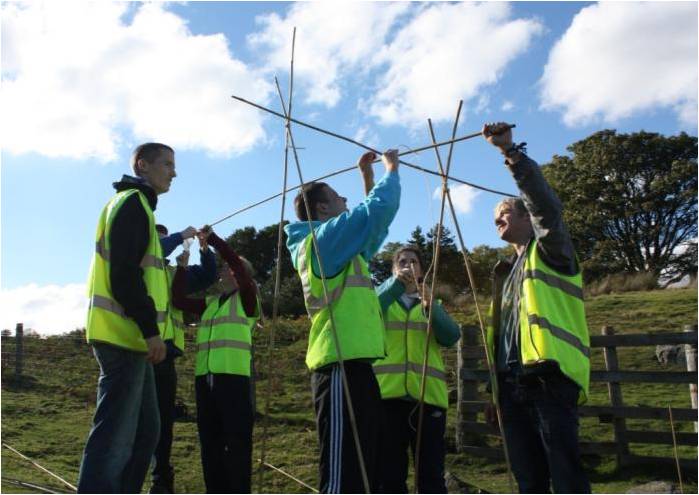
Stephanie Glendinning and Jean Hall (School of Civil Engineering and Geosciences) spoke about how CEGS has redesigned its Programmes to deliver sustainability.
Here’s a PDF of their slides.
Students have said great things about the redesigned Programmes:
‘…the sustainability framework concepts were a useful approach…’
‘…the input from industry offered a much wider insight to employment opportunities available…’
as have external reviewers of the Programmes:
‘…it would become what defines a Newcastle graduate.’
Elizabeth Scanlon spoke about ACTION 2011, a scheme that encouraged researchers to engage with enterprise training by using the Societal Challenge Theme of Sustainability.
Here’s a PDF of her slides.
ACTION 2011 participants said great things about the scheme, including this postgraduate student’s awareness of the skills they had not otherwise had the opportunity to develop:
“From ACTION 2011 I have experienced the business-side of scientific research, which is important for all scientists to understand and this is something I can apply to my Doctorate and in my future career.”
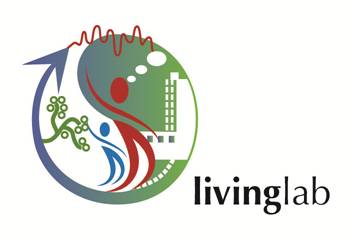
Stephanie Glendinning (School of Civil Engineering and Geosciences) and Pete Manning (School of Biology) spoke about using the Living Lab model for engaged teaching. Here’s
a PDF of Stephanie and Pete’s slides.
The presentation included an introduction to Living Lab as a philosophy; a way of going about our business in a different way and working collaboratively to co-produce projects that include learning opportunities for students.
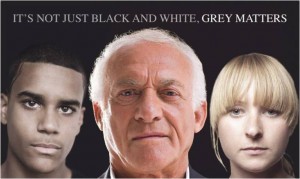
Lynne Corner spoke about the Biology of Ageing module offered by the School of Biomedical Sciences. Here’s a PDF of her PowerPoint slides.
The module examines the key biological mechanisms that effect ageing. Students have enjoyed the module, giving evaluations including:
“I enjoyed the [Biology of Ageing] module as a whole.
It was very well put together and extremely well taught. It was obvious that the lecturers enjoyed teaching us and that helped us to understand the content.”
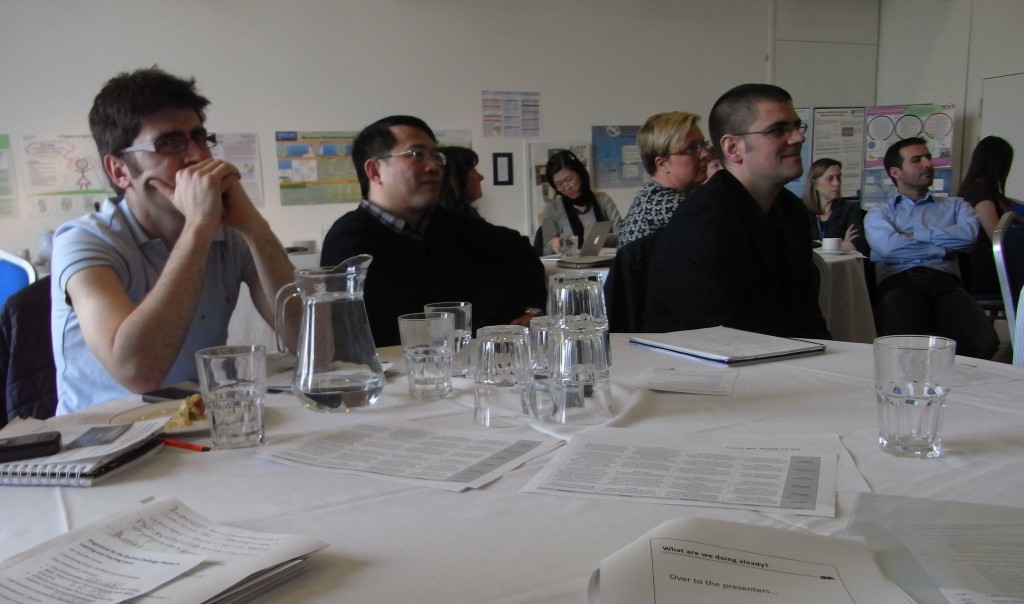
The Societal Challenge Themes in Learning and Teaching event on Friday 20th April 2012 went well: interesting presentations, a great display of student posters, lively discussions, and enormous slices of cake.
Here is a PDF of Ella Ritchie and Suzanne Cholerton’s slides. The key question in these opening remarks was:
What learning opportunities can the SCTs offer our students?
This led to discussions of how the SCTs offer students opportunities to develop skills, and their awareness of these skills, and also opportunities for experiencing research-informed teaching.
I’ll post each project’s slides separately: click the categories on the right-hand side of this blog to filter the projects by SCT.
